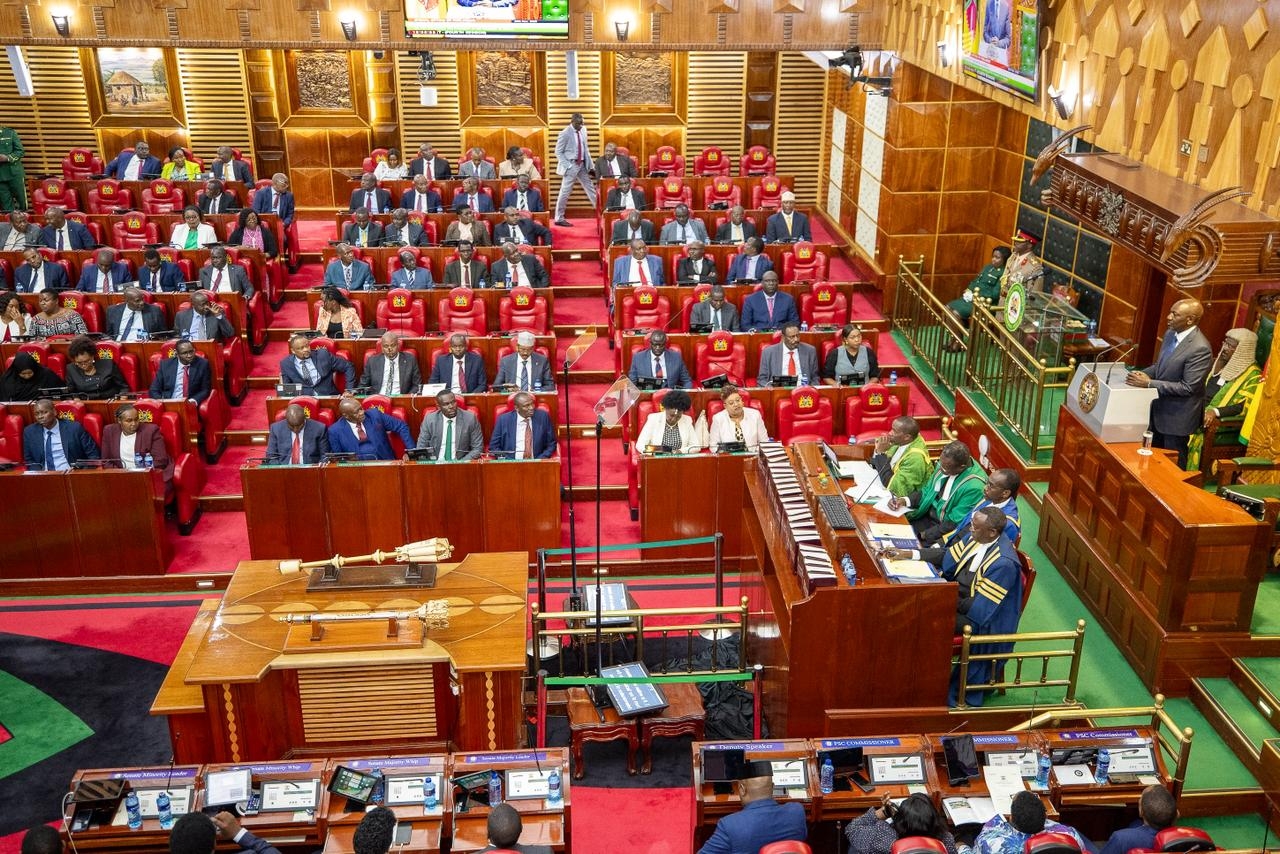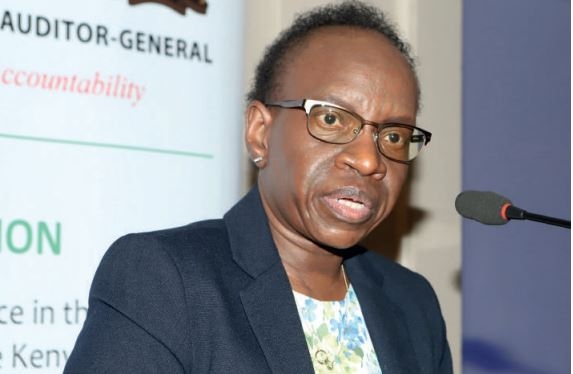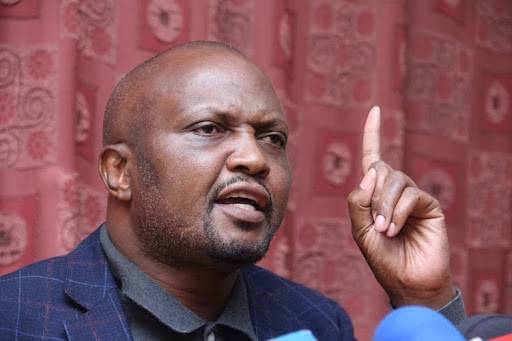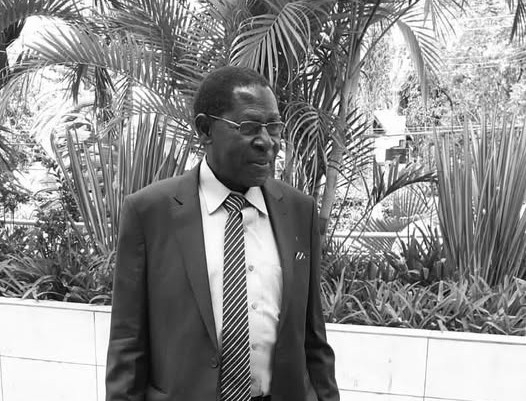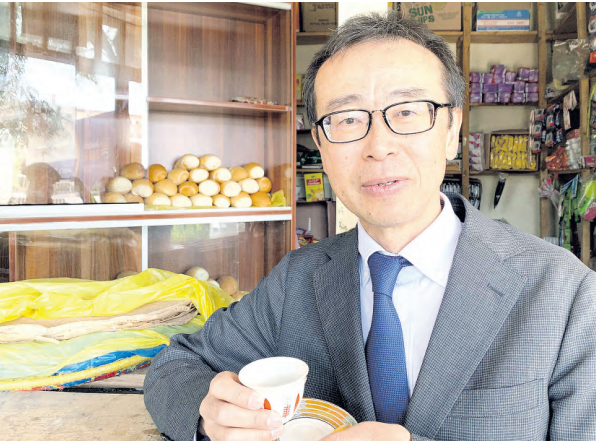
Japan’s top envoy to Africa is visiting Kenya in the wake of high-level conversations around bilateral relations and policy.
Former Japanese Prime Minister Fumio Kishida made a state visit to Kenya in 2023, and President William Ruto reciprocated with a state visit to Japan last year.
These set the stage for today’s visit by Horiuchi Toshihiko, a career diplomat who was first posted in Senegal.
He has since worked in various capacities in Africa, most recently as Ambassador Extraordinary and Plenipotentiary of Japan to the African Union Headquarters in Ethiopia.
Currently, he is the Director General of the African Affairs Department in the Ministry of Foreign Affairs in Japan.
He is visiting Kenya to engage in policy dialogue with the government on the tail of the previous year’s celebrations of 60 years of diplomatic relations between Japan and Kenya.
Horiuchi responded to questions put to him by the Star’s JOHN MUCHANGI.
What brings you to Kenya so early in the New Year?
For Japan, Kenya is an important like-minded country that shares fundamental values and principles.
Bilateral relations between Japan and Kenya have made significant progress, with various occasions, including the mutual visits by the respective leaders; then Prime Minister Fumio Kishida visited Kenya in May 2023 on the occasion of the 60th anniversary of the establishment of bilateral relations, and President William Ruto visited Japan last February.
In addition, Prime Cabinet Secretary Musalia Mudavadi visited Japan last August on the occasion of the Ticad Ministerial Meeting, where it was agreed that a Japan-Kenya Policy Dialogue should be launched, aiming to steadily follow up on the outcomes of President Ruto’s visit.
These developments brought me to Kenya this time as my first foreign visit in 2025 to participate in the first Japan-Kenya Policy Dialogue.
Many Kenyans regard the bilateral development assistance relationship between Japan and Kenya to be based on the building of new infrastructure and creation of new opportunities for investment.
Would you say that this is an accurate assessment?
I am pleased that many Kenyans recognise the importance of the infrastructure construction and investment opportunities created through Japan’s Official Development Assistance (ODA).
Japan has contributed to Kenya’s economic development by supporting the construction of key infrastructure, such as the Port of Mombasa and the Olkaria geothermal power plant, through ODA.
There is no doubt about this point. However, I would like to emphasise that Japan’s cooperation with Kenya is not limited to these economic sectors only.
Kenya has been the biggest partner of Japan’s ODA in sub-Saharan Africa, covering a wide range of areas, such as agriculture, education, health, climate change and urban environmental development.
At this point in the Japan-Kenya partnership, what would you say are the highlights and accomplishments you are most proud of?
As already mentioned, Japan has been providing cooperation to Kenya in various areas.
However, the current partnership is shifted, where Japan and Kenya are working together to solve problems in African countries.
For example, the Kenya Medical Research Institute (Kemri), which Japan has been supporting for about half a century through industry-government-academia collaboration, is playing a leading role in combating infectious diseases not only in Kenya but also in the region.
Such cooperation is one of the symbolic examples of the ‘co-creation’ of both countries, with Kenya as a hub for solving global challenges.
Japan is proud of such ‘co-creation’ relationship between the two countries.
What are the advantages for a country like Kenya in taking loans from Japan as opposed to loans from other global lenders?
Yen loans are long-term, low-interest loans provided to developing countries as part of the ODA, mainly for infrastructure development as a foundation for the economic prosperity of recipient countries.
Japan’s fair and transparent development finance can encourage Kenya’s autonomous development, paving the way for a stable relationship between Japan and Kenya to build over the medium to long term.
In Africa, unfair and opaque development finance has been a challenge that hinders Africa’s sustainable development, and I would like to reiterate the importance that all creditor countries should comply with international rules and standards.
Kenyans came to learn a lot about the Tokyo International Conference on African Development (Ticad) when the 6th Ticad conference was held in Nairobi in 2016.
What progress would you say has been made since then in achieving Ticad’s objectives?
Firstly, I would like to express my sincere gratitude to Kenya for hosting the Ticad VI, which was the first Ticad held in Africa.
Japan launched Ticad in 1993 to provide a platform to mobilise support for Africa’s development.
Since then, Japan has been working with African countries through the Ticad process over 30 years.
In the hope of supporting Africa’s development, Japan has continued to pursue a variety of initiatives, emphasising investment in people and high-quality growth, on the basic concepts of African ownership and partnership with the international community.
In the “Progress Report on Japan’s Contributions to Africa following Ticad VIII in 2022”, presented at the Ticad Ministerial Meeting in August 2024, some projects in Kenya, such as the expansion of geothermal power plants and the support of regional development integrating transport facilities (port, roads, etc.), are highlighted as good examples of Japan’s contribution.
Ticad IX will be held in Yokohama in August this year. Japan will continue to work closely with Kenya, an important like-minded country, to further strengthen cooperation between Japan and Africa, not only in a bilateral context but also in the multilateral context.
There is now a new concept associated with Japan, the US, Australia and India, known as the “Free and Open Indo-Pacific” (FOIP).
Can you
explain the importance of this initiative to our readers?
The core idea of the Free and Open Indo-Pacific (FOIP) concept is to establish a rules-based international order and consolidate principles such as free trade, freedom of navigation and the rule of law, which are essential for the stability and prosperity of the Indo-Pacific region.
This concept was first announced by former Prime Minister Shinzo Abe at Ticad VI held in Kenya in 2016. It was the Kenyan government that endorsed the vision of FOIP ahead of others, and a few years later, Kenya co-hosted the Sustainable Blue Economy Conference with Japan and Canada.
The international community is at a historical turning point as the post-Cold War era comes to an end.
It faces various issues, such as challenges to the international order based on the rule of law, including attempts to unilaterally change the status quo by force, as well as maritime security.
In this context, I believe it is important for Japan and Kenya to work closely together to address common challenges as like-minded countries that have long stressed the importance of maintaining and strengthening an international order based on the rule of law.
Japanese companies see Kenya as a prime destination in Africa.
What strategies are Japan employing to encourage more Japanese investments in Kenya, and how can Kenya make itself more attractive to these businesses?
The Kenya Business Forum held during President Ruto’s visit to Japan in February last year was attended by more than 150 people from Japanese companies, indicating the high level of interest in Kenya among the Japanese private sector.
With a view to ensuring that the outcomes of the Business Forum should not be a transient trend, a public-private sector mission visited Kenya last week, led by State Minister for Foreign Affairs Hisayuki Fujii and comprising 29 companies and about 50 participants.
Through such initiatives, Japan will continue to work towards strengthening business partnership between the two countries.
Beyond business and policy, how does Japan plan to strengthen cultural and educational ties with Kenya to enhance people-to-people connections?
I believe that people-to-people ties in a wide range of fields are the foundation of the Japan-Kenya relationship.
As an example of Japan’s efforts, 195 young people from Kenya have so far been accepted through the ABE Initiative (African Business Education Initiative for Youth), which provides young Africans with opportunities to obtain Master’s degrees at Japanese universities and internships at Japanese companies.
Kenya is the largest beneficiary through this initiative. Japan will continue to strengthen people-to-people ties in future.





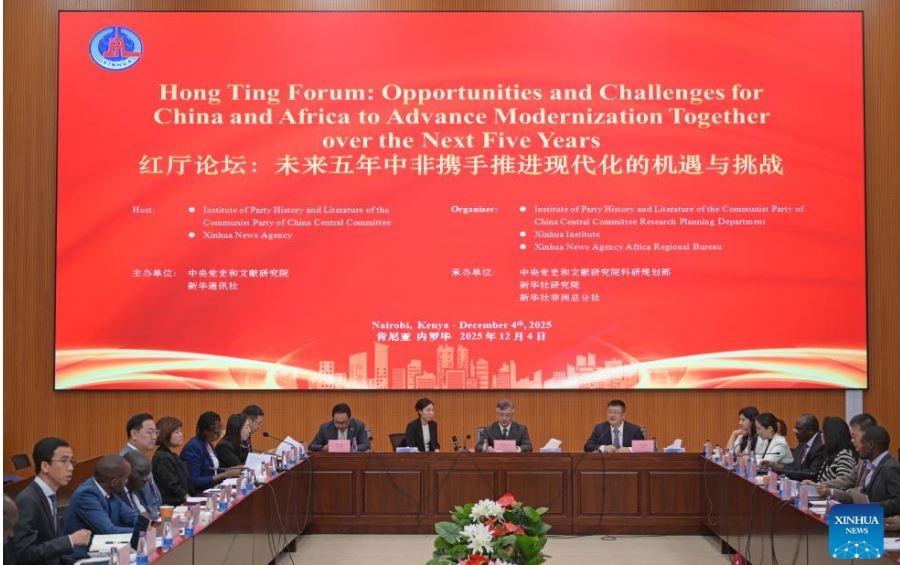
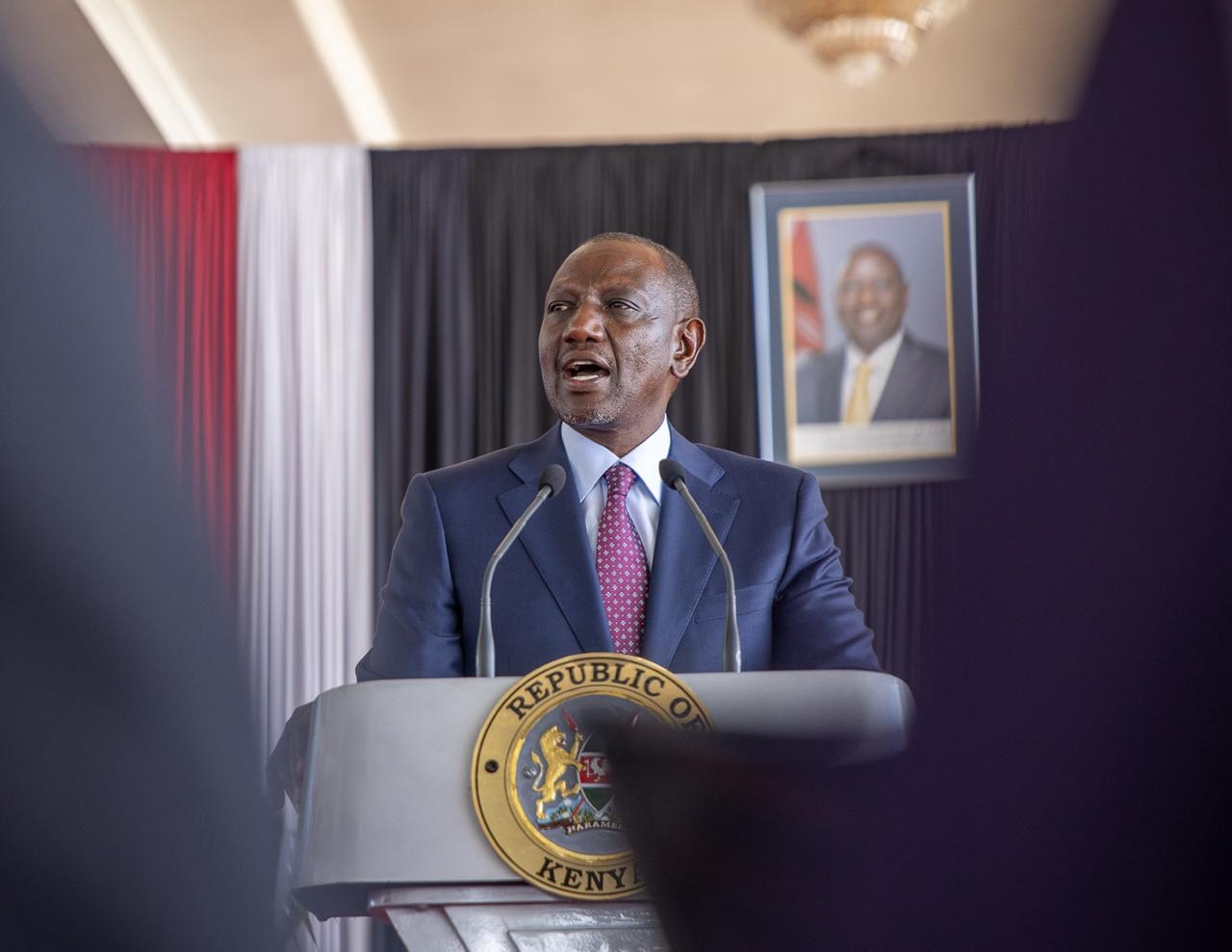
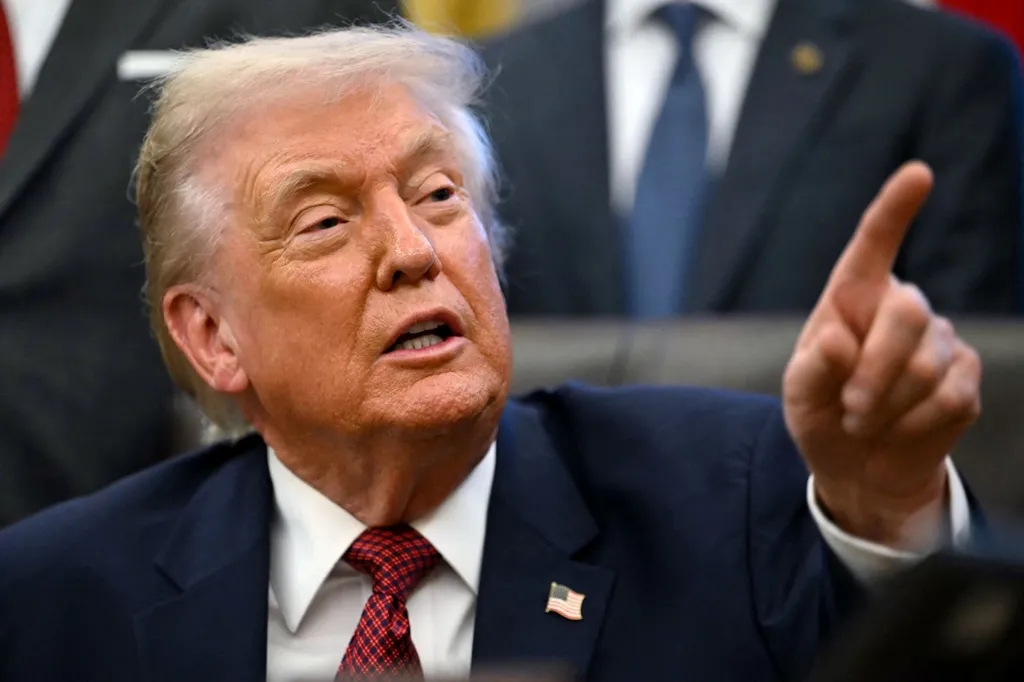

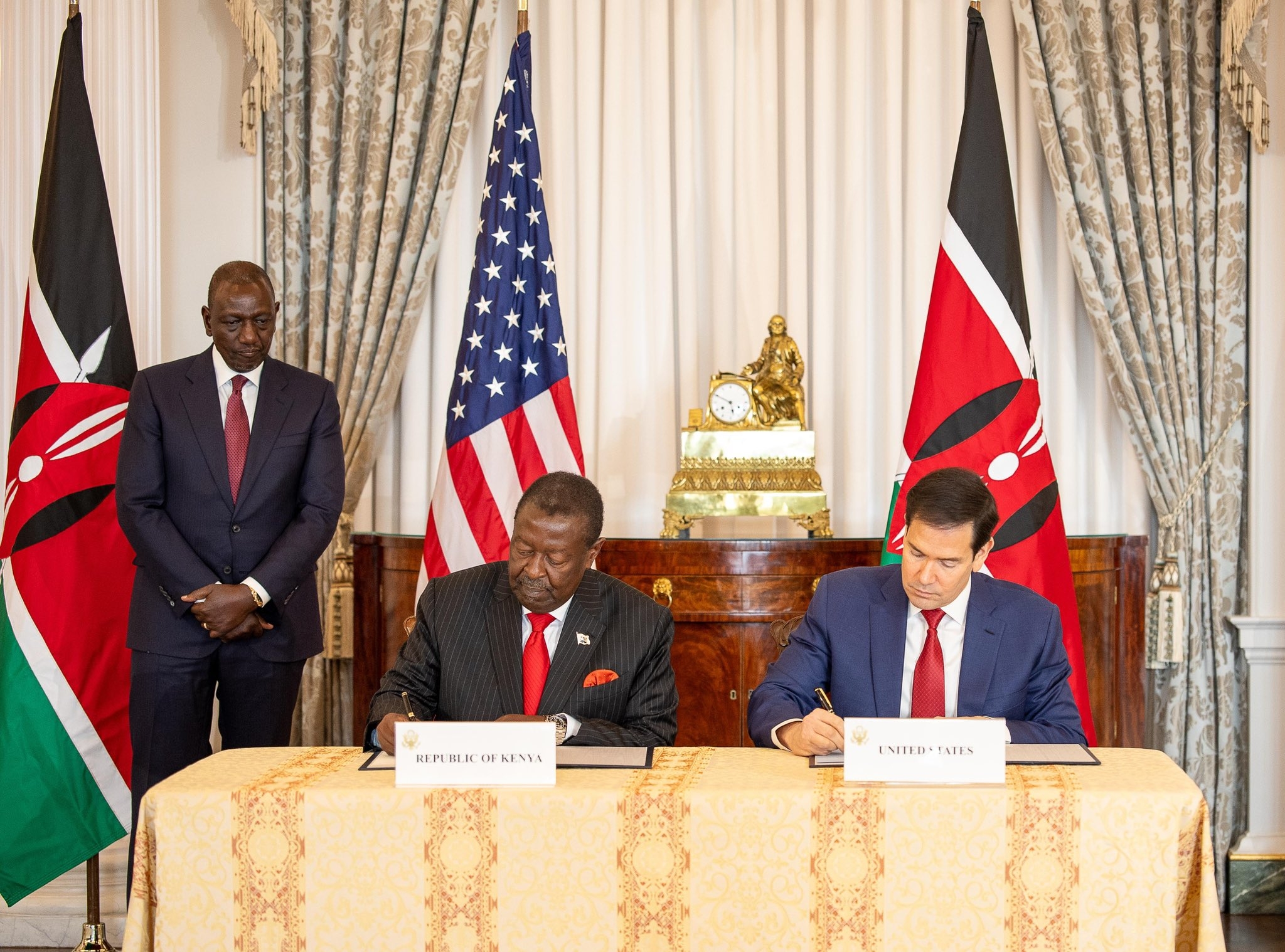
.jpg&w=3840&q=100)
